Does Creatine Cause Hair Loss? Side Effects And Prevention
Decode the impact of creatine on hair and work towards gaining healthy hair.
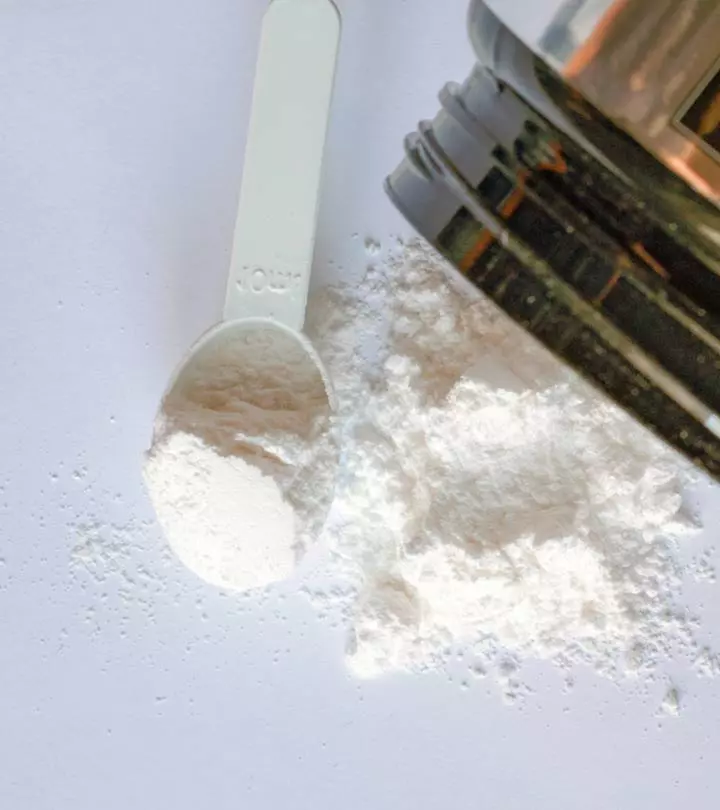
Image: Shutterstock
Creatine is a popular performance-enhancing supplement. Athletes use this supplement to get an instant burst of energy. However, some believe that Creatine causes hair loss. What is the truth? Keep reading to discover the association between Creatine and hair health, and if there is anything you should be worried about.
In This Article
What Is Creatine?
Creatine is a molecule produced by amino acids. It is primarily found in the muscles and brain. The molecule aids the different chemical processes in our body, including providing energy for muscle contractions. It is formulated in the liver, kidney, and pancreas and is stored in the body’s muscles. The creatine in the muscles helps boost strength and energy for our daily activities (1).
Its performance-enhancing benefits have made creatine a favorite amongst sports professionals and athletes as a health supplement. It provides energy and strength for activities like high-intensity training, weight lifting, and running. Creatine supplements are also believed to help increase recovery time after exercise.
The supplement is safe for use for those with medications. However, those with underlying kidney problems should avoid creatine as it may cause or aggravate kidney damage (2).
Key Takeaways
- Creatinine is a performance-boosting supplement that may result in hair loss.
- While it boosts your strength, endurance, and recovery time after strenuous exercises, it might bring about certain hormonal changes leading to hair fall and loss.
- In such cases, keeping your creatinine intake to a minimum and consulting a doctor can help get your hair back in its natural texture and volume.
Does Creatine Cause Hair Loss?
No scientific studies state that creatine causes hair loss. Most of the available evidence is purely anecdotal.
However, a 2009 study done on college rugby players showed an increase in the levels of a hormone (DHT, or dihydrotestosterone) after 3 weeks of creatine supplementation (3).
 Did You Know?
Did You Know?How does DHT factor into this context? Is it associated with hair loss? Let us explore in the following section.
How Does DHT Relate To Hair Loss?
DHT, or dihydrotestosterone, is a hormone responsible for developing androgenic characteristics in men (5). DHT helps in the development of traits like deep voice, body hair, and increased muscle mass and bone strength.
DHT hair loss is a common concern that can affect anyone. Increased levels of DHT in the body may cause hair loss if you have a genetic tendency towards baldness. The excess DHT in the body can freely flow through your bloodstream and link to the receptors in the scalp. Excess levels of DHT may lead to the miniaturization of the hair follicles and lead to hair loss. DHT imbalance in men could also cause androgenic alopecia (6) One way to combat it is by including DHT blocker foods in your diet. This can help minimize hair loss in the long run.
Does The Hair Grow Back?
Regular intake of creatine may cause an imbalance of DHT in the body (3). Hair, once lost, may not grow back without a proper hair regrowth treatment.
Though studies are limited, creatine seems to indirectly cause hair loss. The hair loss is especially pronounced in those sensitive to DHT and have a genetic tendency towards hair loss. But how can you prevent the same?
How To Prevent Hair Loss Due To Creatine
Regular creatine intake, as we saw, could lead to DHT imbalance. This can cause the hair to become weak and prone to breakage. The best way to prevent this is by reducing your creatine intake.
Additionally, you can also massage your scalp regularly to boost blood circulation. Adequate rest also helps in this regard. Consult a dermatologist to identify the root cause. Your doctor may prescribe topical applications like peptides or minoxidil. Increasing the dietary intake of protein, minerals, and amino acids can also help.
 Did You Know?
Did You Know?If you smoke, you may want to quit that habit as well.
When To Consult A Doctor
Consult a doctor if you are experiencing severe hair loss for any reason. Conditions like a sudden loss of a large amount of hair or patchy hair loss require immediate medical attention.
Apart from causing potential hair loss, creatine has other possible adverse effects.
Side Effects Of Creatine
- Weight Gain: Various studies have shown that oral intake of creatine can cause water retention in the body, resulting in temporary weight gain (7), (8). This water retention may interfere with an athlete’s ability to swim or run. Further, it may also lead to the dangers of dehydration in the body.
- Kidney Damage: Those with pre-existing kidney issues may have a risk of kidney dysfunction with the use of creatine supplements (2).
- Parkinson’s Disease: Research shows that intake of creatine along with caffeine results in a rapid progression of Parkinson’s disease (9). Hence, those at risk of Parkinson’s disease should refrain from taking caffeine and creatine together. They also are recommended to consult their doctor before taking creatine or caffeine.
- Nausea: Nausea can be a potential side effect associated with creatine supplementation. Some individuals may experience feelings of nausea when taking creatine for bodybuilding purposes. According to a case study, a healthy 18-year-old man got sick after taking creatine for bodybuilding. He had nausea, vomiting, and a stomach ache, leading to kidney problems. The man fully recovered after stopping creatine for about 25 days (10).
- Muscle Cramps: According to anecdotal evidence, muscle stiffness and cramps may be potential side effects of creatine supplements. However, these claims lack substantial scientific backing. Further research is required to offer more conclusive insights into the potential connection between the consumption of creatine supplements and the occurrence of muscle stiffness or cramps.
To recap, creatine boosts energy and strength, which is why athletes take it as a supplement. While it is mostly safe, it should be avoided if you have kidney problems. No scientific data suggests that creatine causes hair loss directly. However, it may cause an increase in the DHT hormone, which is known to cause hair loss. While the studies done on creatine and its link to hair loss are limited, it is safe to suggest that if you notice hair fall after taking creatine, you may want to discontinue the supplement. Consult a doctor for a proper medical diagnosis and treatment options.
Frequently Asked Questions
Does creatine monohydrate or creatine hydrochloride cause hair loss?
There is no research proving that creatine monohydrate or creatine hydrochloride causes hair loss. But should you experience hair loss with any of the supplements, stop use, and consult your doctor.
So many facts and concerns surround the consumption of creatine and its association hair loss problem. This video debunks the myth, and also explains why it is potentially linked with hair loss. Check it out now!
References
Articles on StyleCraze are backed by verified information from peer-reviewed and academic research papers, reputed organizations, research institutions, and medical associations to ensure accuracy and relevance. Read our editorial policy to learn more.
- Creatine and creatinine metabolism
https://pubmed.ncbi.nlm.nih.gov/10893433/ - Potential Adverse Effects of Creatine Supplement on the Kidney in Athletes and Bodybuilders
https://pubmed.ncbi.nlm.nih.gov/30367015/ - Three weeks of creatine monohydrate supplementation affects dihydrotestosterone to testosterone ratio in college-aged rugby players
https://pubmed.ncbi.nlm.nih.gov/19741313/ - Creatine supplementation with specific view to exercise/sports performance: an update
https://www.ncbi.nlm.nih.gov/pmc/articles/PMC3407788/ - The backdoor pathway to dihydrotestosterone
https://www.sciencedirect.com/science/article/abs/pii/S1043276004002140 - Cause of Androgenic Alopecia: Crux of the Matter
https://www.ncbi.nlm.nih.gov/pmc/articles/PMC4174066/ - Potential side effects of oral creatine supplementation: a critical review.
https://europepmc.org/article/med/9884794 - Effects of Creatine Supplementation on Exercise Performance
https://link.springer.com/article/10.2165/00007256-199928010-00005 - Caffeine and progression of Parkinson’s disease: A deleterious interaction with creatine
https://www.ncbi.nlm.nih.gov/pmc/articles/PMC4573899/ - The effects of the recommended dose of creatine monohydrate on kidney function
https://pubmed.ncbi.nlm.nih.gov/25984094/
Read full bio of Dr. Shruti Chavan
Read full bio of Arshiya Syeda
Read full bio of Anjali Sayee
Read full bio of Swathi E






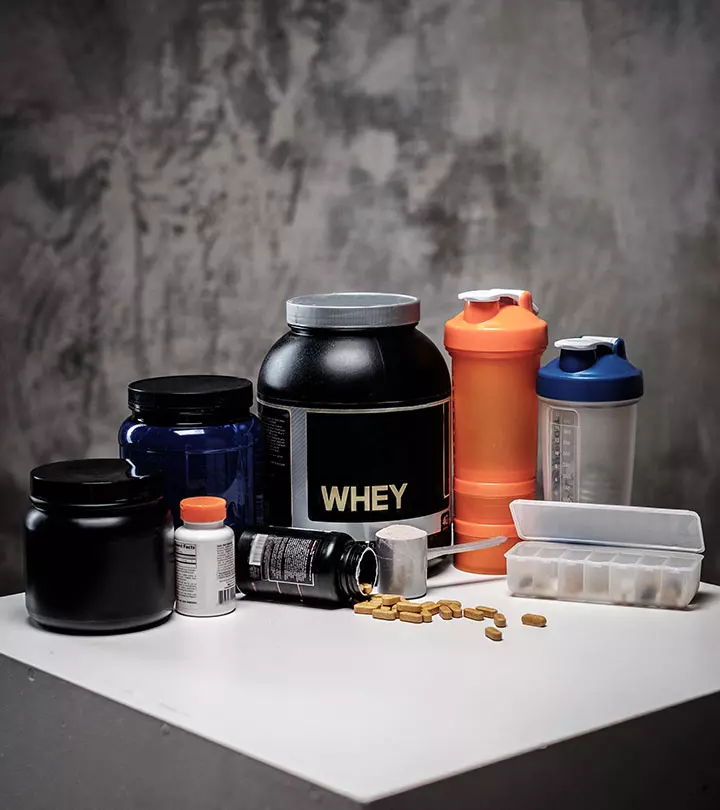
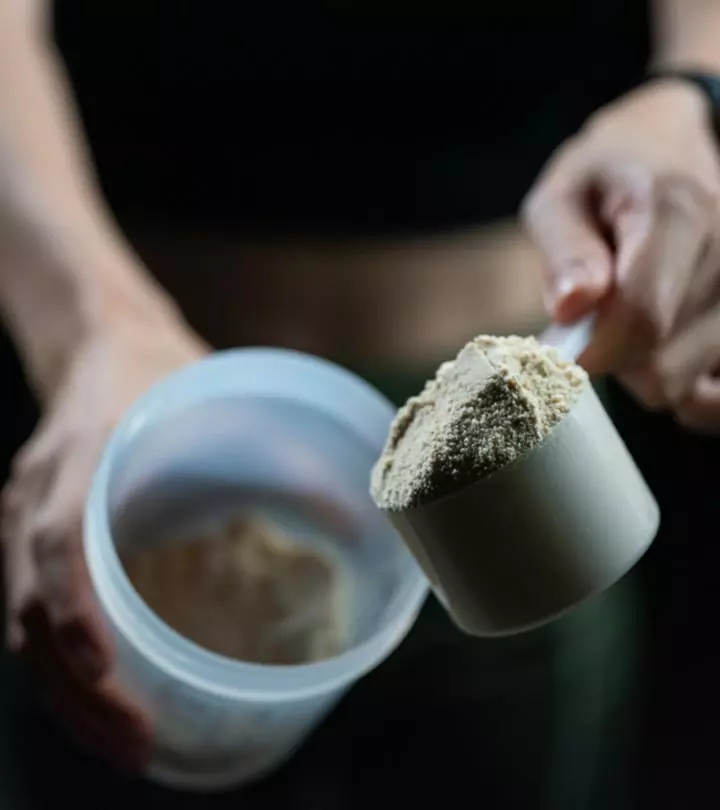
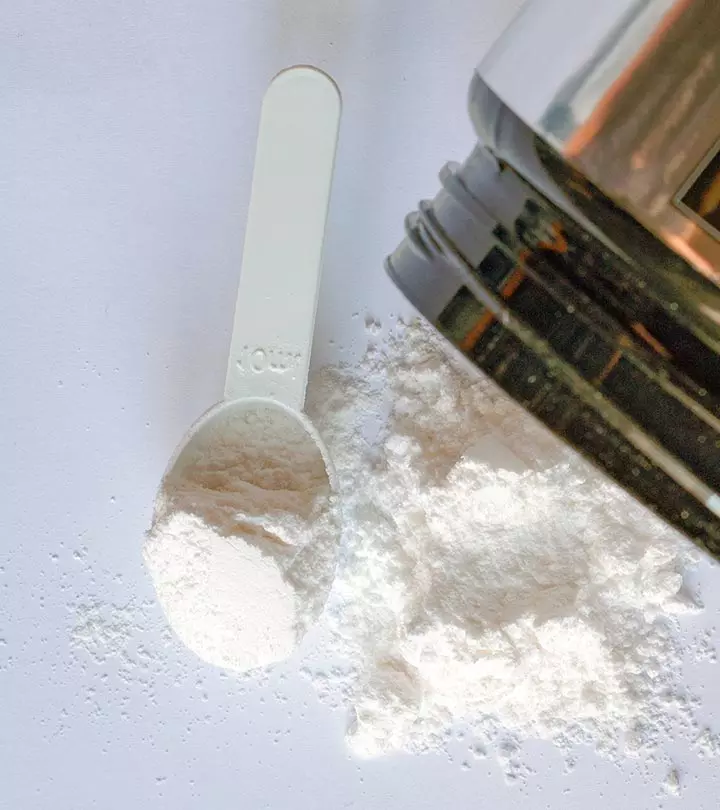
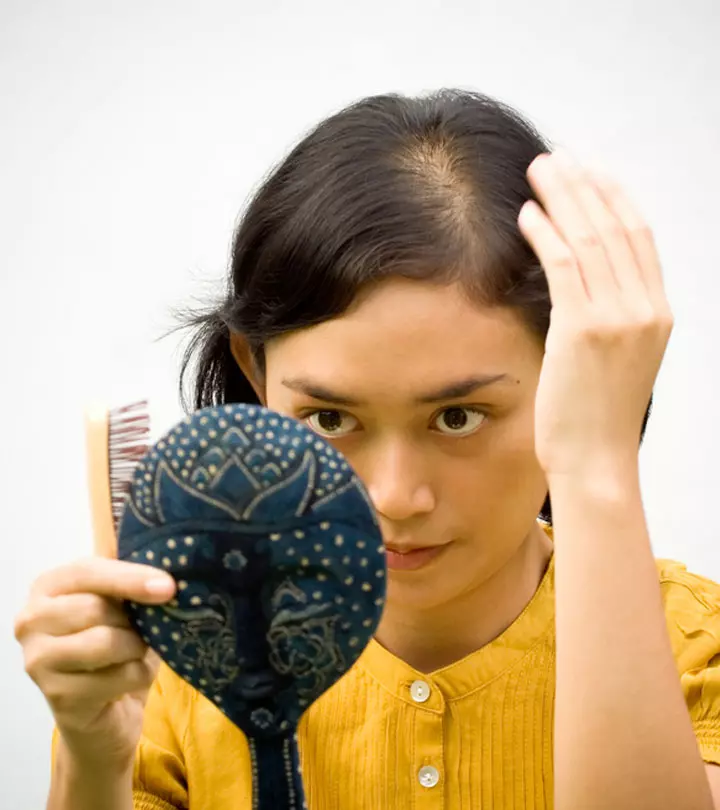
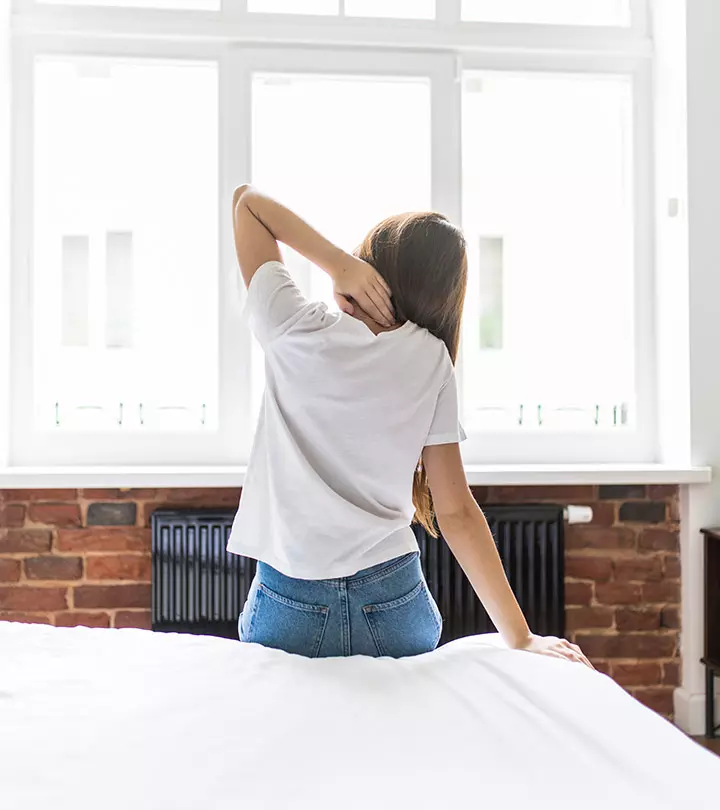
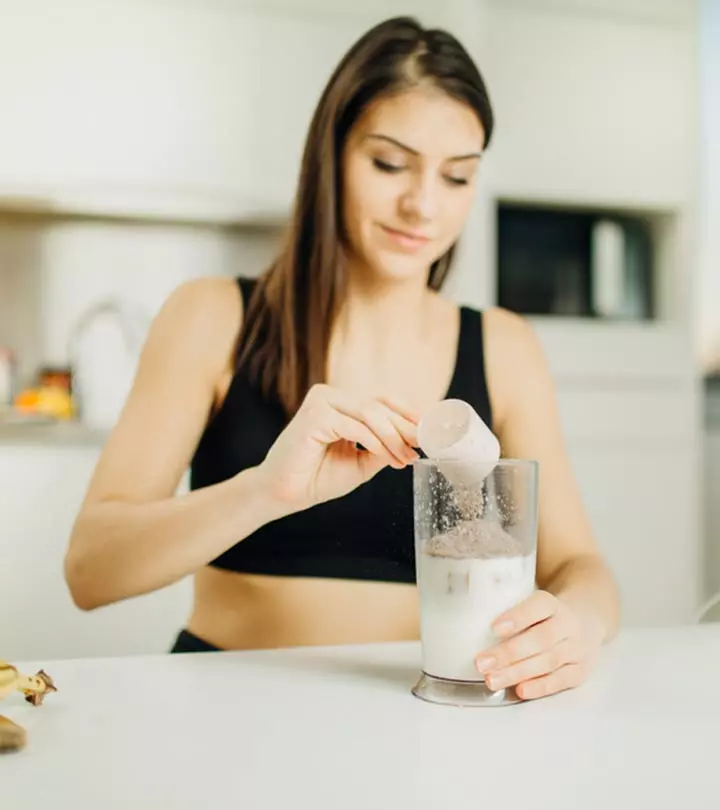
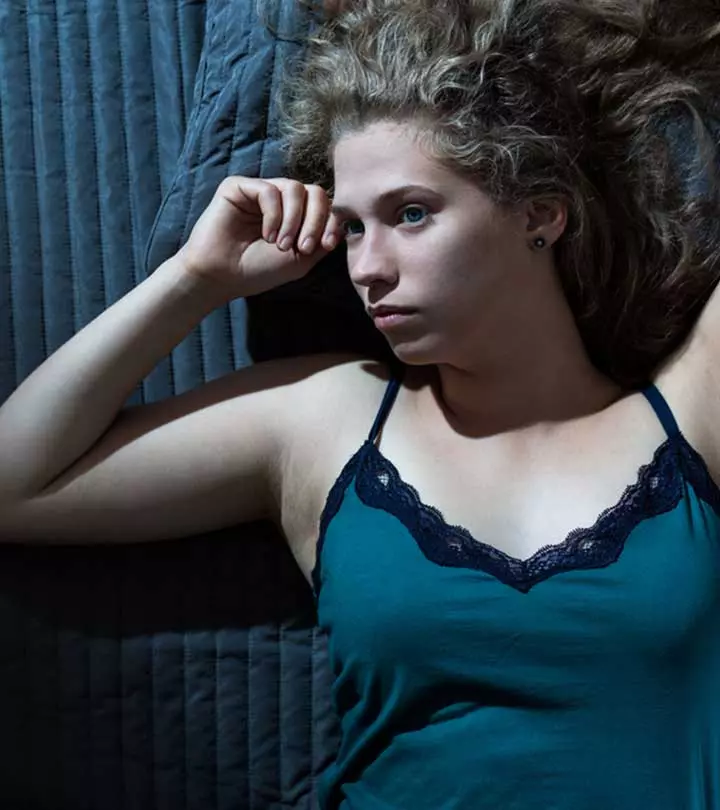
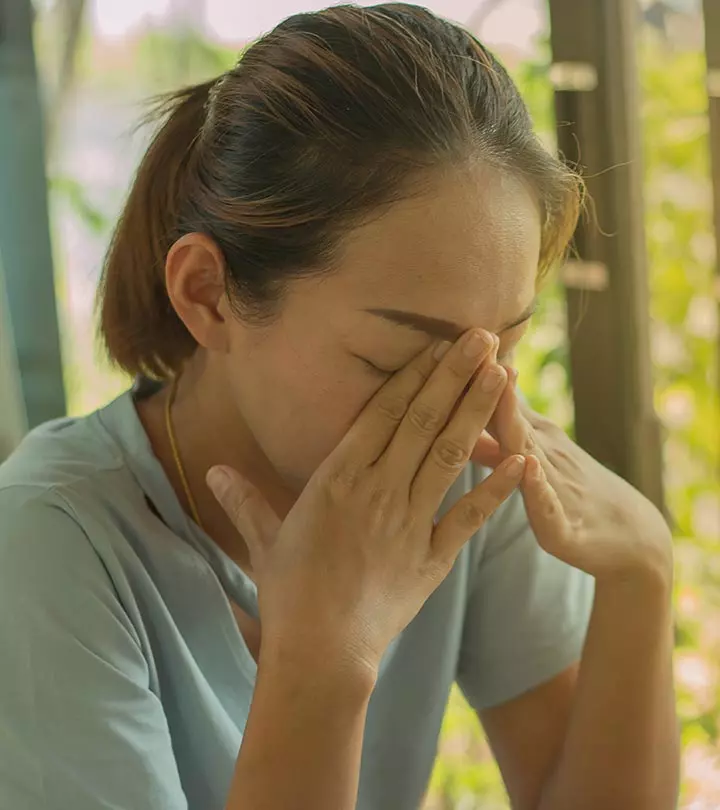

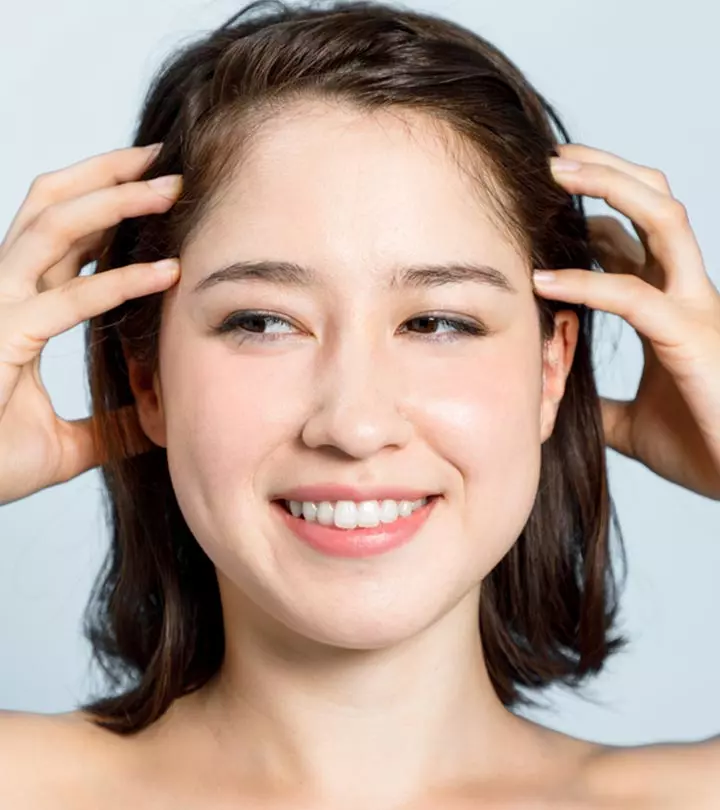

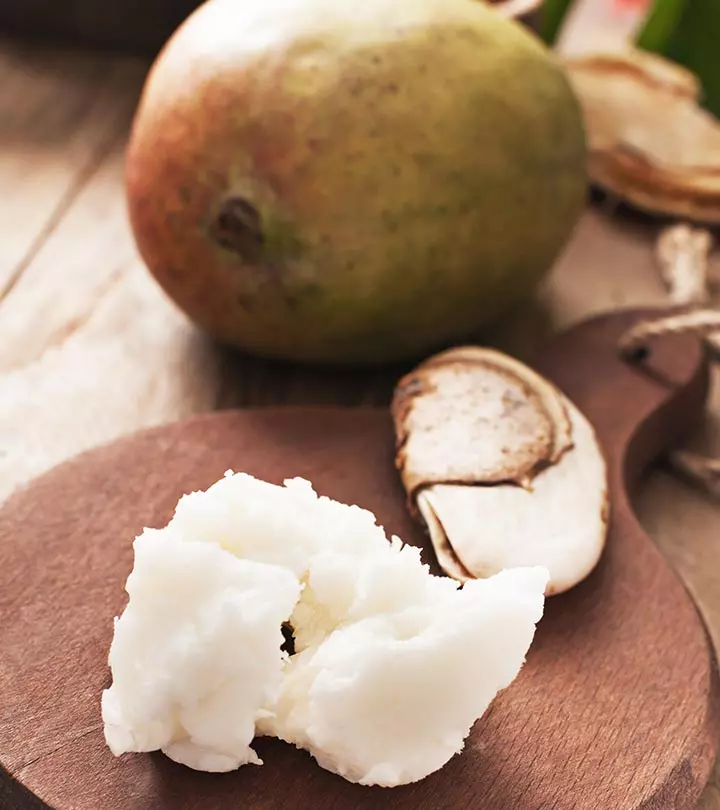
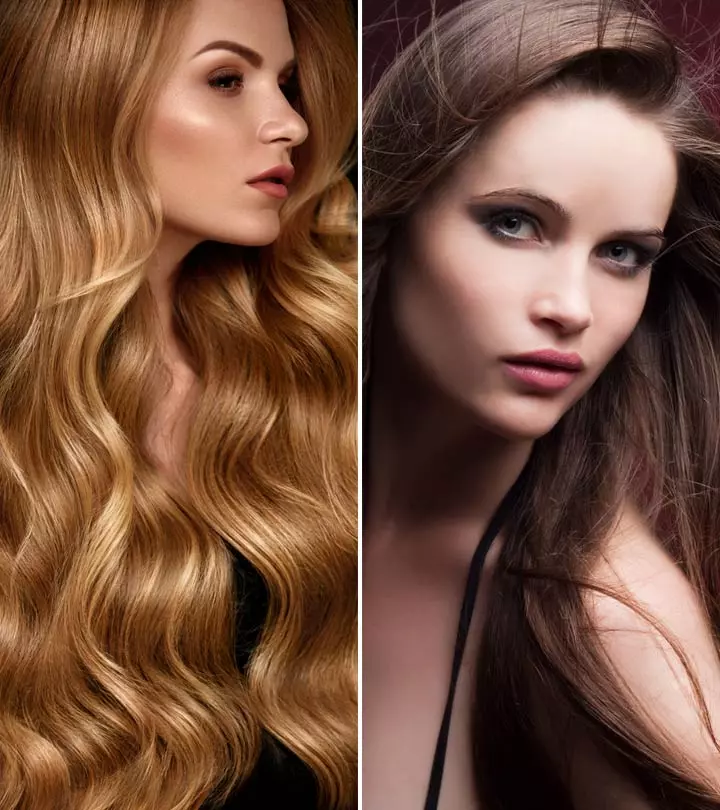

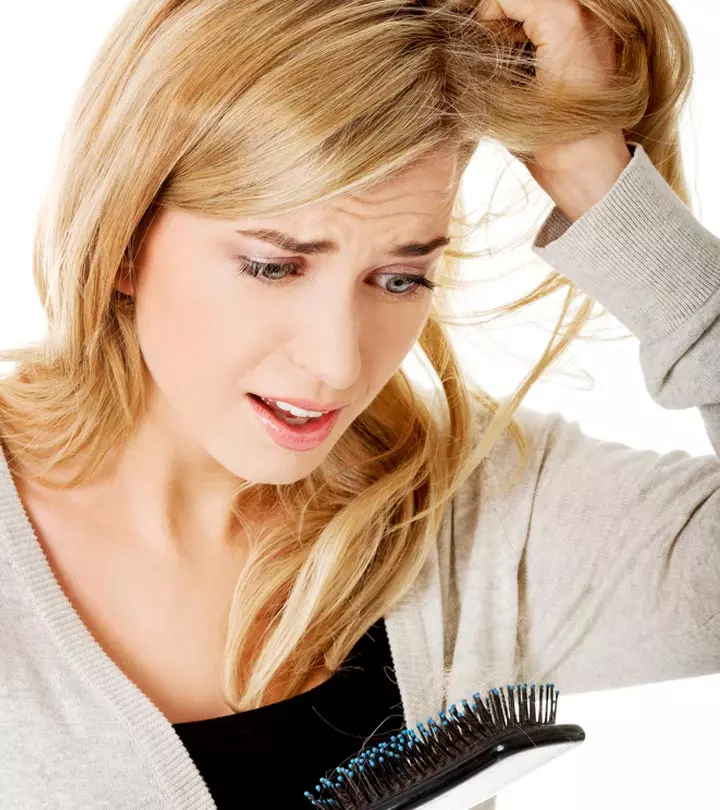
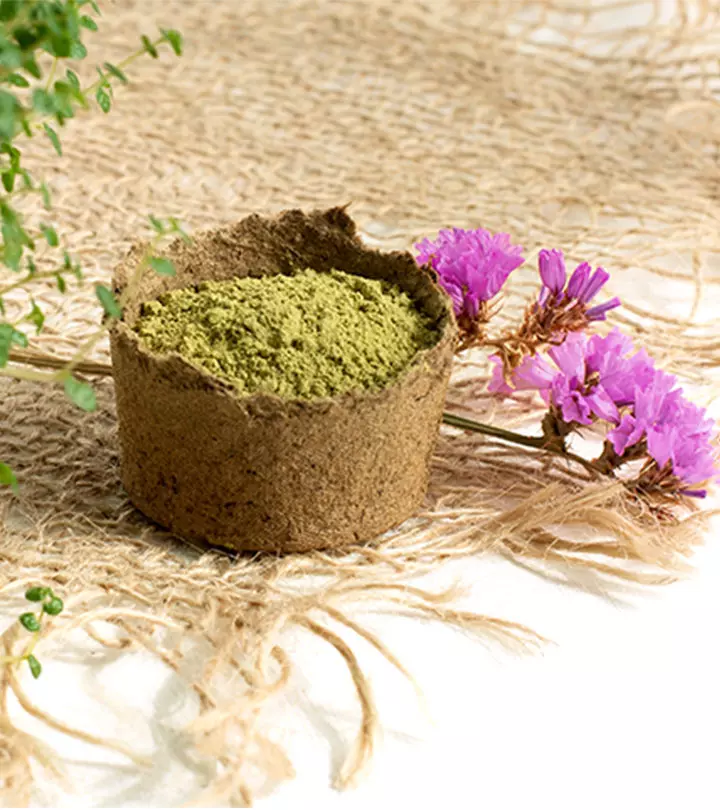
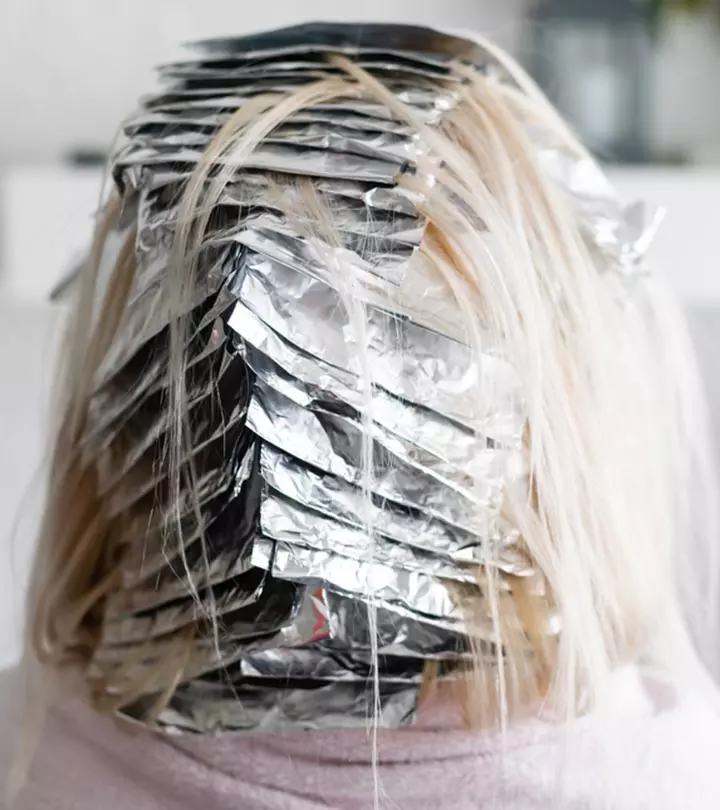


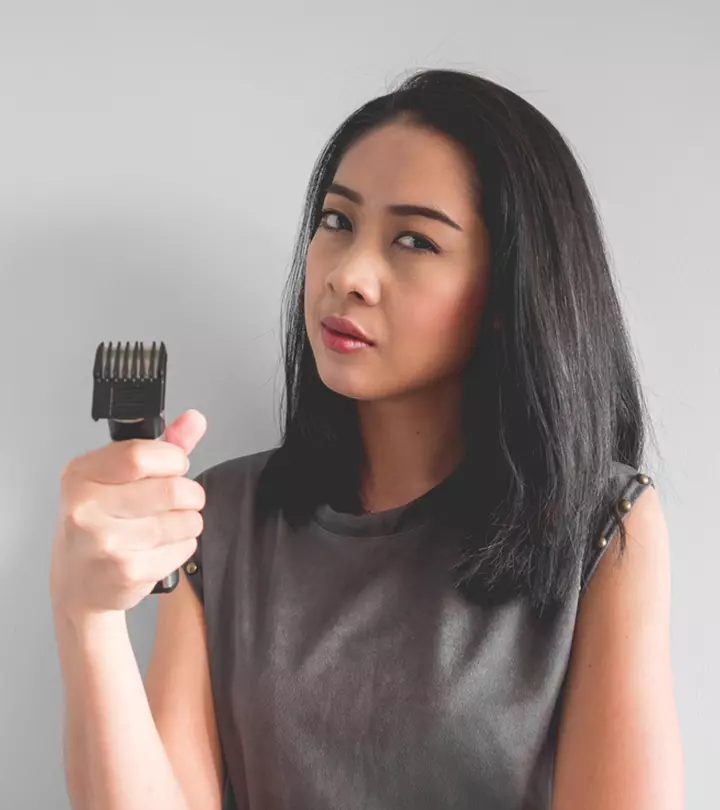
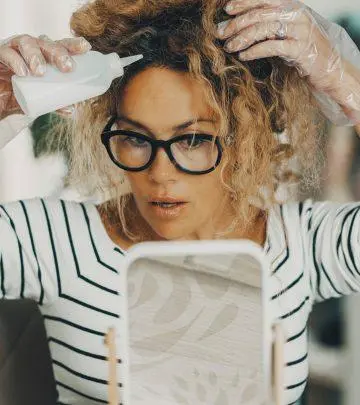
Community Experiences
Join the conversation and become a part of our empowering community! Share your stories, experiences, and insights to connect with other beauty, lifestyle, and health enthusiasts.